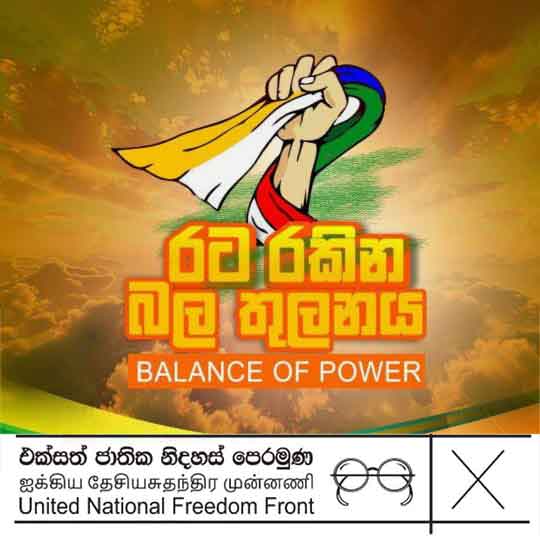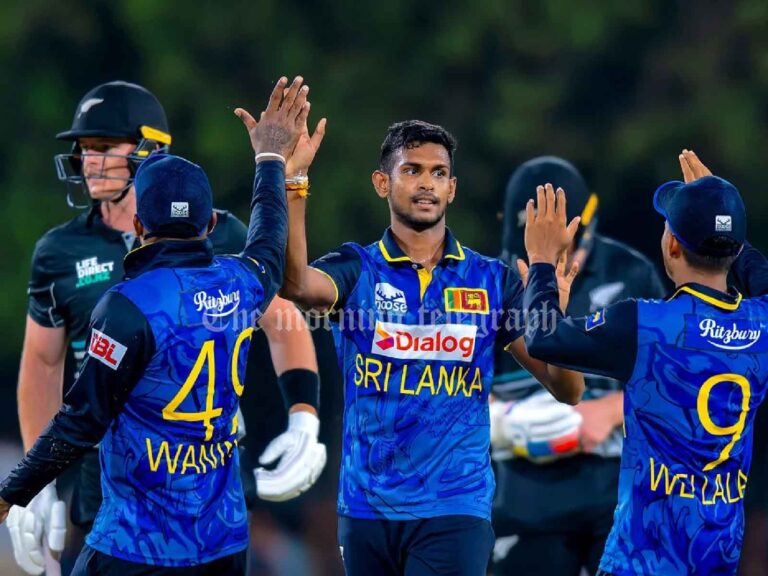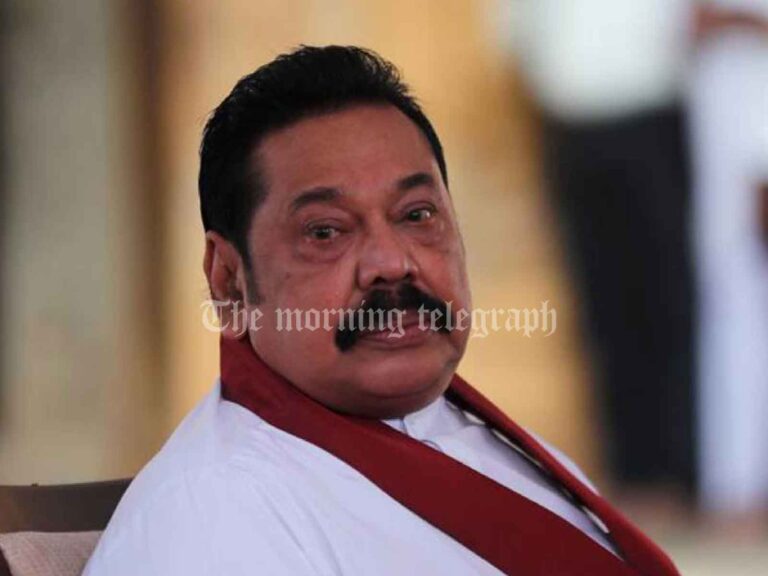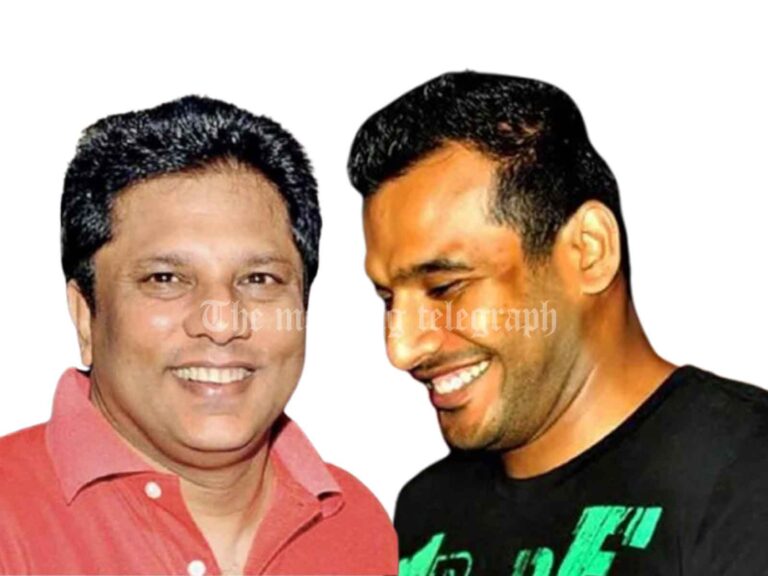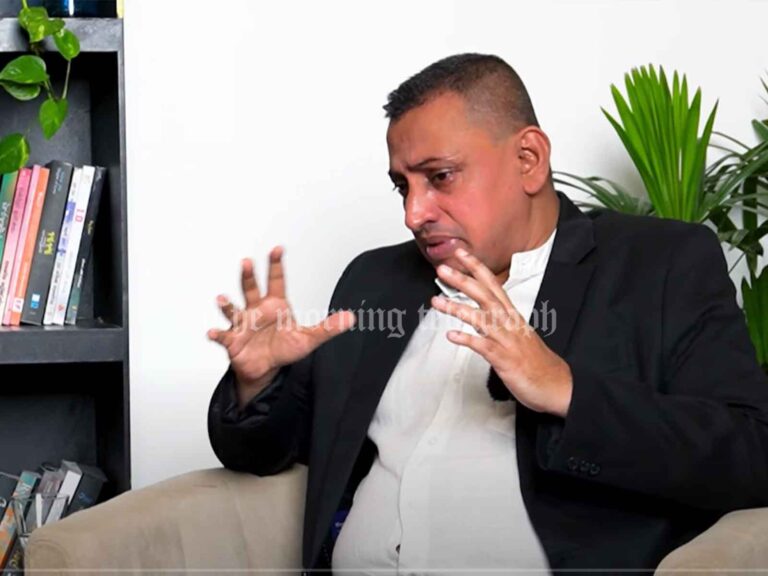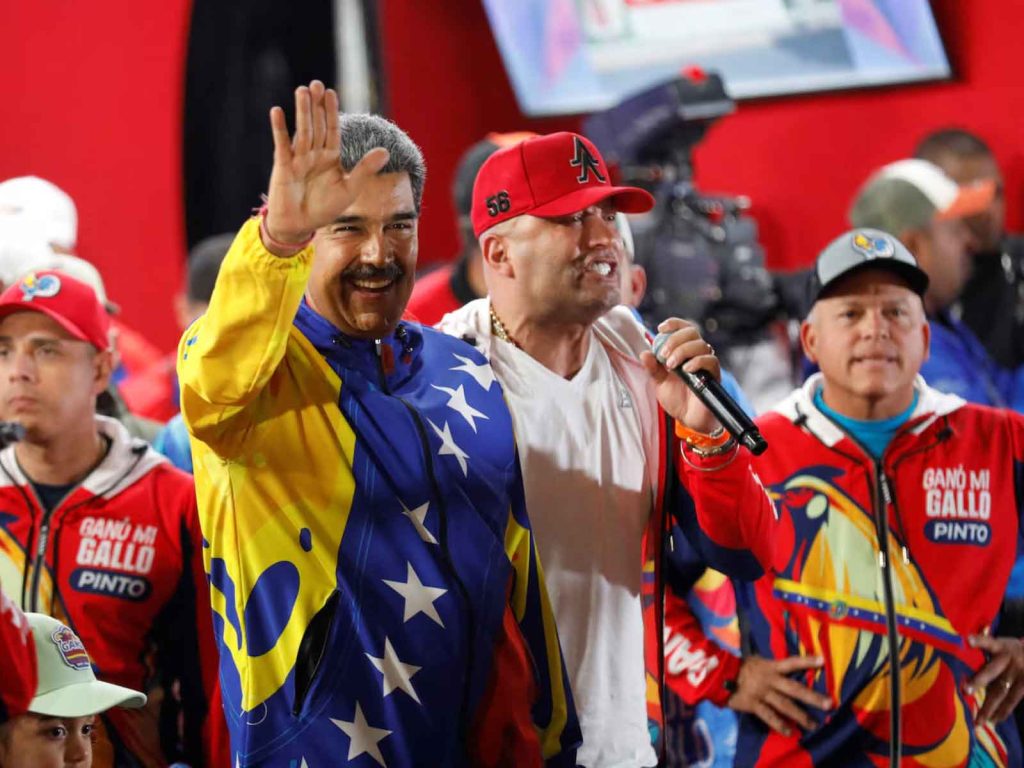
CARACAS, July 30 – The opposition leader challenging Nicolás Maduro’s regime has declared the Venezuelan president’s departure from power as “irreversible,” amid widespread protests and allegations of election fraud. The declaration came as thousands took to the streets to denounce Maduro’s claim of winning a third term in office.
On Monday morning, Venezuela’s government-controlled electoral authority announced Maduro as the victor of Sunday’s election. Despite this official proclamation, international observers and critics have raised doubts about the legitimacy of the results, particularly given the reported victory margins.
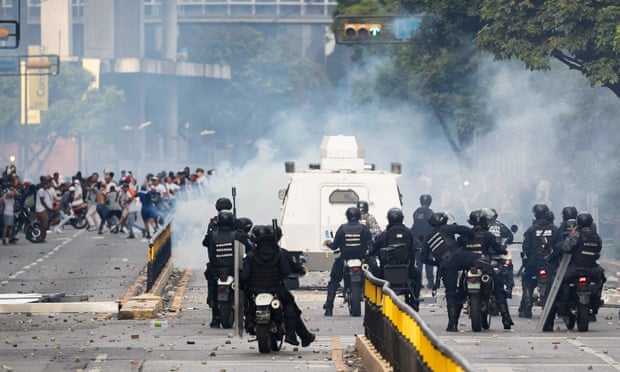
Maduro has called his victory “irreversible,” a claim rejected by opposition figures. Edmundo González Urrutia, the opposition candidate, and his running mate, María Corina Machado, argued that they secured 73.2% of the vote from polling station records, contrasting sharply with Maduro’s official count. González and Machado allege that Maduro’s tally was significantly inflated.
Machado urged Maduro to accept the reality of his defeat, criticizing his re-election claim as part of a broader authoritarian trend that has exacerbated Venezuela’s severe economic and humanitarian crisis. “He should understand that he was defeated,” Machado told The Guardian, emphasizing the need for Maduro to recognize the end of his 11-year rule.
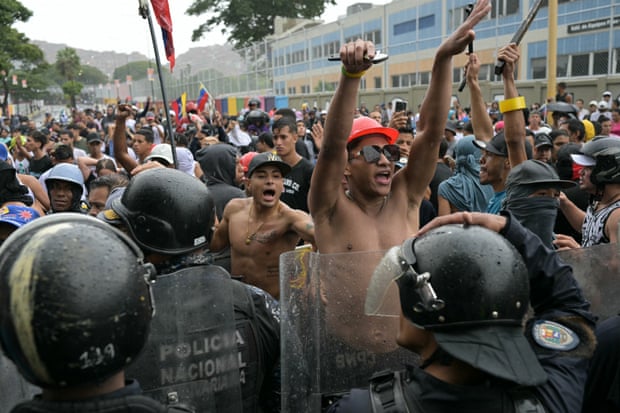
As the situation unfolded, protests erupted across Caracas and other cities, with demonstrators clashing with security forces and pro-Maduro paramilitaries. Notably, some protests originated from hillside slums, long considered strongholds of Chavismo. Protesters, including residents from Petare, expressed their frustration with the administration’s alleged election fraud and mismanagement.
In response to the unrest, Maduro’s supporters are planning counter-protests to demonstrate support for his presidency. Maduro’s administration has accused opposition groups of inciting violence and labelled the protests as part of a “violent counter-revolution” orchestrated by far-right extremists and foreign influences.
The international community has expressed concerns over the election’s legitimacy. US Secretary of State Antony Blinken voiced doubts about whether the election results reflect the true will of the Venezuelan people. Meanwhile, Peru has expelled Venezuelan diplomats in protest, and the Organization of American States will discuss the situation in an upcoming meeting.
In contrast, Maduro’s allies in Cuba, Bolivia, and Honduras, as well as Russia and China, have congratulated Maduro on his claimed victory, urging the opposition to concede. Russian spokesperson Dmitry Peskov emphasized the importance of avoiding external interference in Venezuela’s internal affairs.
As the political crisis continues to unfold, Venezuela remains deeply divided, with ongoing tensions and uncertainty about the country’s future.


